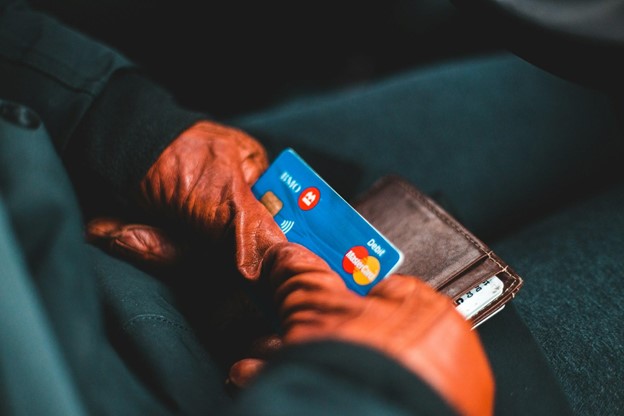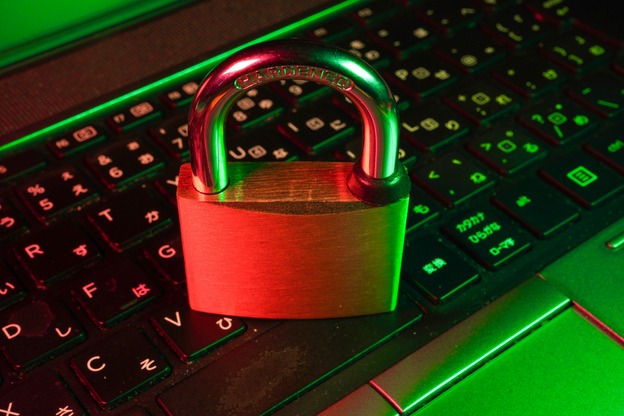
How to Keep Your Online Gaming Transactions Secure
Online gaming is no longer just playing for fun. Players currently pay real money for game purchases, virtual currencies, upgrades, and memberships. The global gaming industry generates billions in revenue annually, with a significant portion coming from online transactions. This has made the industry a fast-growing target for cyberfraudsters.
If you’ve ever bought a game skin, paid for extra lives, or subscribed to a platform, then you’ve likely shared your card details or personal information. And that’s where the risk begins. Hackers are now targeting gamers and gaming websites. They are also using fake websites, phishing emails, and weak account security to steal money, identity, and data.
Understanding the Risks of Online Gaming Transactions
Online gaming usually features micro-purchases, quick deposits, and, in some cases, withdrawals, which can be very handy for gamers. This is especially true for online casinos where many players use services like Cash App to fund their accounts instantly and jump in and out of a game without delay during short breaks. The ease and convenience that come with such features are some of the things that make online casinos so popular today.
Gaming platforms usually hold a lot of sensitive data, including passwords, usernames, payment details, and even personal details of their users. But all these make them targets for phishing, account takeovers, and malware attacks.
Credential-stuffing attacks and phishing scams are among the most prominent threats in gaming, as people often reuse the same passwords, and cybercriminals use fake reward messages to steal login information.
Malware is also a problem. A lot of the time, free cheats or mods contain viruses, spyware, or ransomware. Malware like GameOver Zeus has been known to intercept in-browser transactions, steal login credentials, and even bypass two-factor authentication.
Sometimes scammers use Man-in-the-Middle attacks to intercept transactions and steal payment details, especially when using a public Wi-Fi. Many people underestimate this risk, but it’s very real. There is also the risk of failed transactions. If payment has not gone through due to network issues or site errors, you stand to lose all your money, especially if you are on unlicensed or scam sites.
How to Practice Safe Gaming Transactions
These are simple guidelines that you can follow to ensure you remain safe while gaming online:
1. Use unique passwords and 2FA
Change your password on all of your gaming accounts. Each one should be at least 8 characters long and mix letters, numbers, and special characters. If you are not able to remember all of them, you can use a password manager to store all of your passwords. Most importantly, turn on two-factor authentication (2FA) on your phone. This provides another level of security by requesting a second code at login, which is usually sent to your phone or email. Most major platforms now offer this, and some even provide small in-game incentives for activating it.
2. Choose secure payment methods
Only use trusted payment channels; 3‑D Secure (OTP authenticated) credit or debit cards, PayPal, Apple Pay, and Google Pay are all safe choices. They usually provide buyer protection, and you can report a stolen transaction and get your money back. It’s also important you don’t send money directly to someone you don’t know or through services that are very unprofessional or insecure.
3. Use a VPN on public networks
Public Wi-Fi, the one you use in an airport, coffee shop, or even school, is not entirely safe when engaging in any gaming transactions. If you must send funds or use your gaming wallet on any public network, then you should use a secure VPN (Virtual Private Network). A VPN hides your IP address and encrypts your internet connection so that your information will not be intercepted. There are even VPNs made especially for gaming, so you can enjoy your game with peace of mind.
4. Update software and use an antivirus frequently
Hackers usually like to target old, outdated systems. Ensure that you regularly keep your hardware and software updated. This could be your device’s operating system, browser, games, antivirus software, or upgrading to a new computer or console. Choose antivirus software with a gaming mode, so they do not keep interrupting you while gaming. This will prevent malware, ransomware, and spyware from infecting your device through the game.
5. Enable transaction notifications and account checks
Set up email or SMS notifications on every transaction on your gaming account. This way, if anyone else tries making a transaction using your account or card, you will instantly know about it. You should also review your payment and gaming accounts at least once a week. Watch out for any logins from other places or any purchases you did not make. The earlier you identify an issue, the easier it is to fix.
Conclusion
Cybercriminals are constantly coming up with new ways to attack and steal information or money. And in most cases nowadays, you may not see them coming or even know they have attacked. Cloudflare reports that computer users and gamers now face roughly 225 billion cyberattacks daily. Being safe online should be your top priority. Ensure to remind yourself often of all the ways to stay safe while gaming online. Even though gaming companies are constantly upgrading their security defences to keep you safe, it is also your responsibility to take extra precautions as well.





